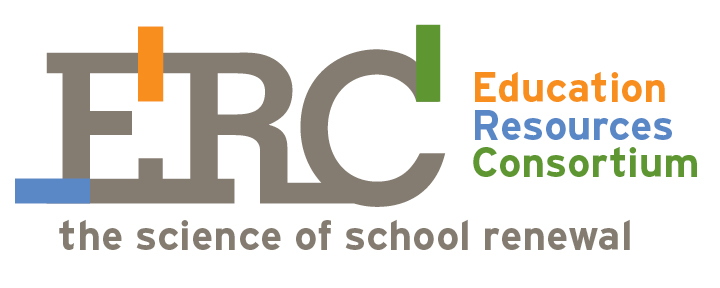Resiliency Programming for Higher Achievement
While tests, curricula, and state frameworks can be standardized, students never can and never will be. If we want students to succeed—not just as test-takers but also as thinkers, as learners, and as people who make valuable contributions to our society—we need to know more about them than their scores on standardized measures of achievement
– Michael Sadowski
Driven by federal and state initiatives, educators at the district level have had little choice but to tailor their instructional approaches and deploy resources to implement an increasingly standardized model. While the challenges faced by students across the demographic spectrum have increased in number and complexity, budgets for screening, diagnosis, and mental health and literacy support have withered, and job descriptions such as “guidance” and “school adjustment” have atrophied into near irrelevance, unable to keep up with many students’ lagging readiness to learn.
ERC has a passionate belief that all students can grow and can learn and that schools must make explicit efforts to reach out and engage them beyond the basic curriculum.
We believe and have proven that strong, smart models of social-emotional support and a commitment to wellness are fundamental to any achievement strategy.
Creating and sustaining such communities is critical but complicated work. ERC supports individual schools in:
- Assessing the support systems for student learning
- Tracking student stability and readiness to learn
- Designing and implementing highly-effective interventions
- Developing more effective job definitions, caregiver roles and routines, as well as systems to support and monitor students, families and staff
- Creating and sustaining a positive and accountable school culture
- Professional development in creating a positive classroom environment and guided discipline
